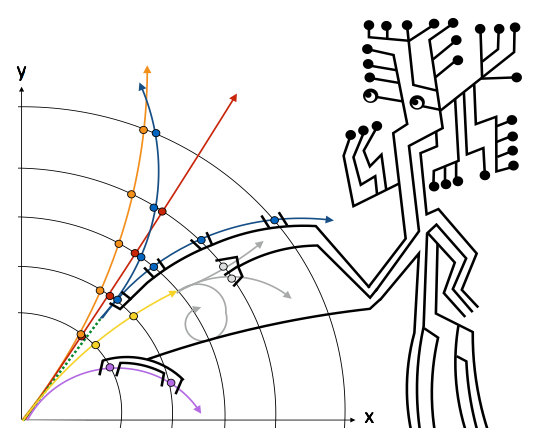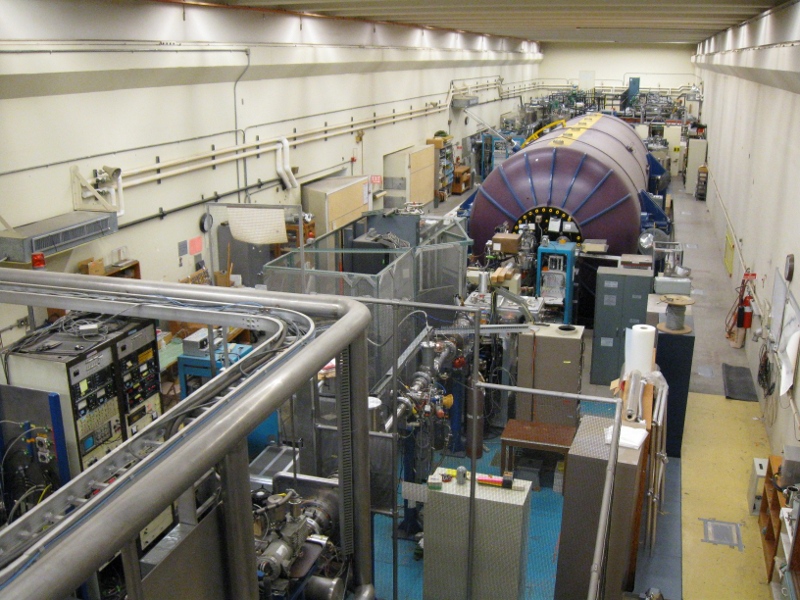 |
- Tracking Machine Learning Hackathon
- March 20 4:00pm in e-Science Institute WRF Data Science Studio (PAT F6)
- CTD2018 will host a hackathon focused on applying machine learning to tackle track reconstruction (in particular pattern recognitions) of simulated tracker data at high luminosity LHC
- Participation is moderated. Registration [here]
|
 |
- UW Lab tour
- March 20 4:30pm gathered in PAA A118
- Mechanical Engineering Composite Shop - ATLAS IBL Support Tube design and construction.
- The Center for Experimental Nuclear Physics and Astrophysics (CENPA) - home to the Axion Dark Matter eXperiment (ADMX) and the Eöt-Wash precision gravity group.
- Sign-up [here]
|
 |
|
 |
- Dinner banquet
- March 21 6:30pm start and 7:00pm serving in UW Club
|
 |
- Public Lecture
- March 20 7:30pm in Kane Hall 120
- Title: Seeing Voices: Using Light to Restore and Preserve Early Recorded Sound
- Speaker: Dr. Carl Haber
- Haber is an experimental physicist. He received his Ph.D. in Physics from Columbia University and is a Senior Scientist in the Physics Division of Lawrence Berkeley National Laboratory at the University of California. He is a recipient of 2013 MacArthur genius award and a Fellow of the American Physical Society and the John Simon Guggenheim Memorial Foundation. While primarily a particle physicist, with a focus on instrumentation development for high energy colliders, since 2002 he, and his colleagues, have also been involved in cultural preservation science. They have applied methods of precision optical metrology and data analysis to early recorded sound restoration.
- This lecture will discuss the characteristics of early sound recordings and the use of this new technology as applied to a number of notable collections: field recordings of Native Americans and Canadians from the early 20th Century, the experimental sound recordings of Alexander Graham Bell, from the 1880’s, and ethnographic recordings collected by Milman Parry in Yugoslavia in 1930, which led to the oral-formulaic theory of epic poetry. The technology and restoration of historic audio recordings will be illustrated with sounds and images. Additional information can be found at http://irene.lbl.gov
- Registration [here]
|





